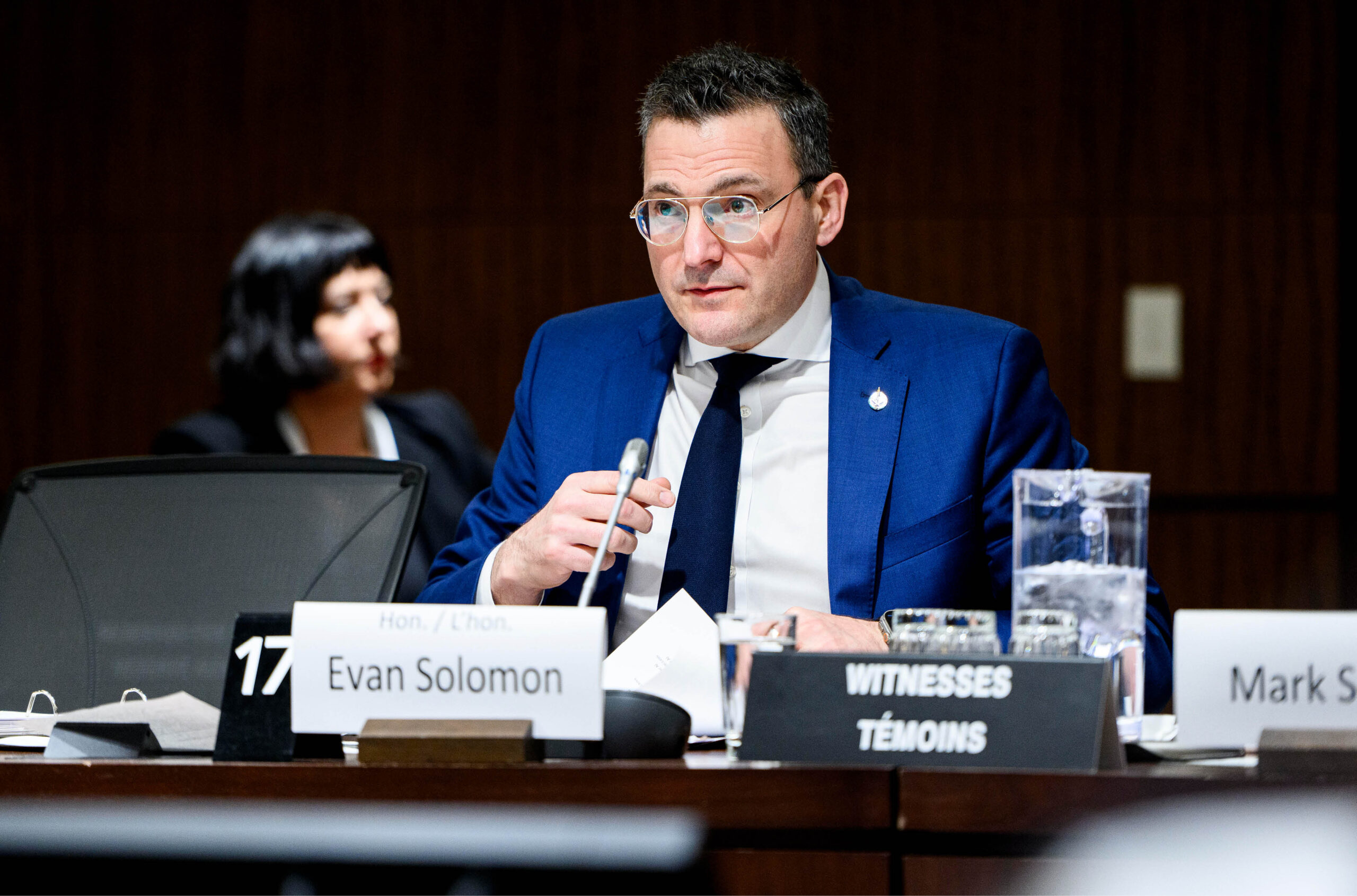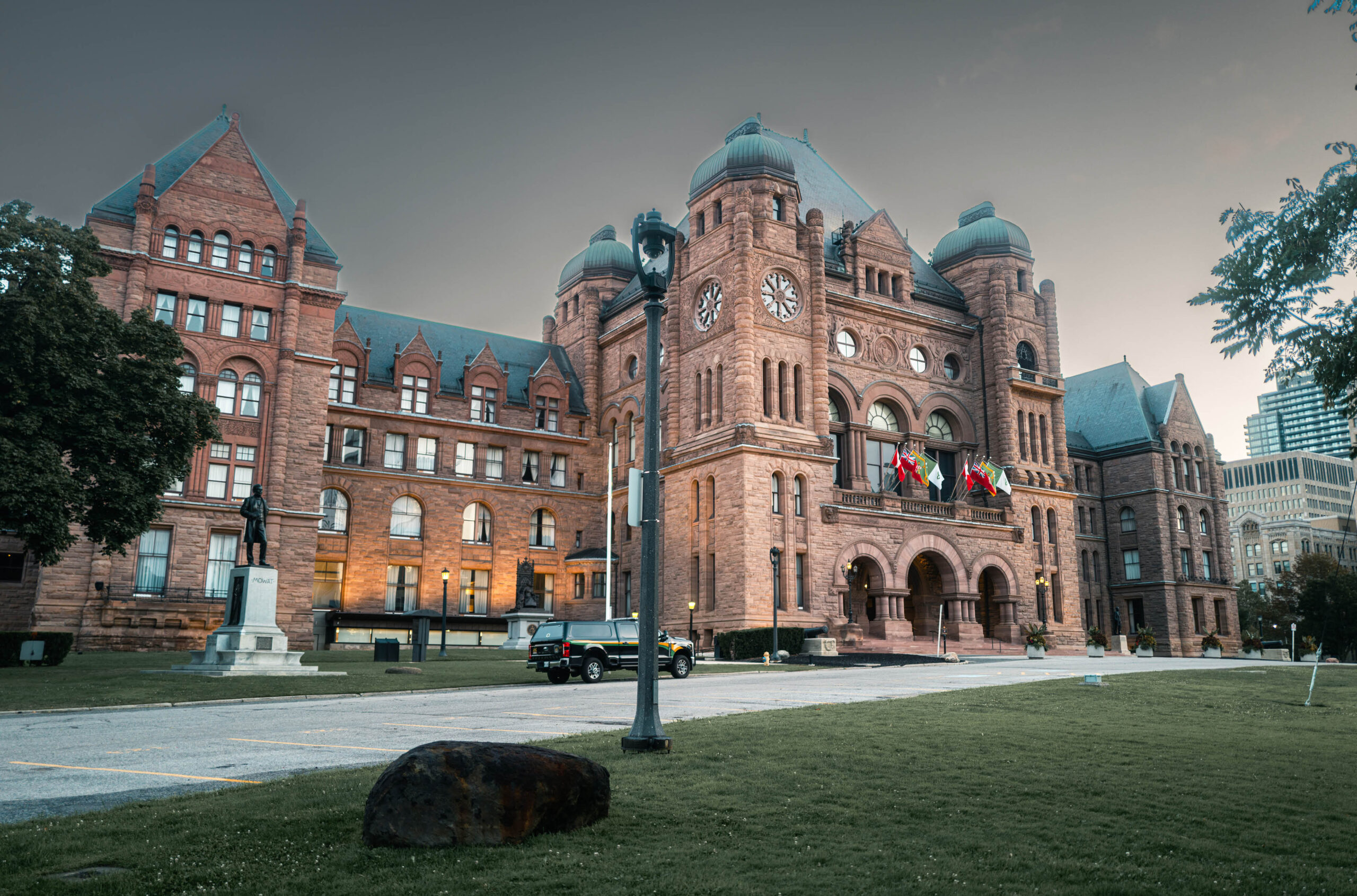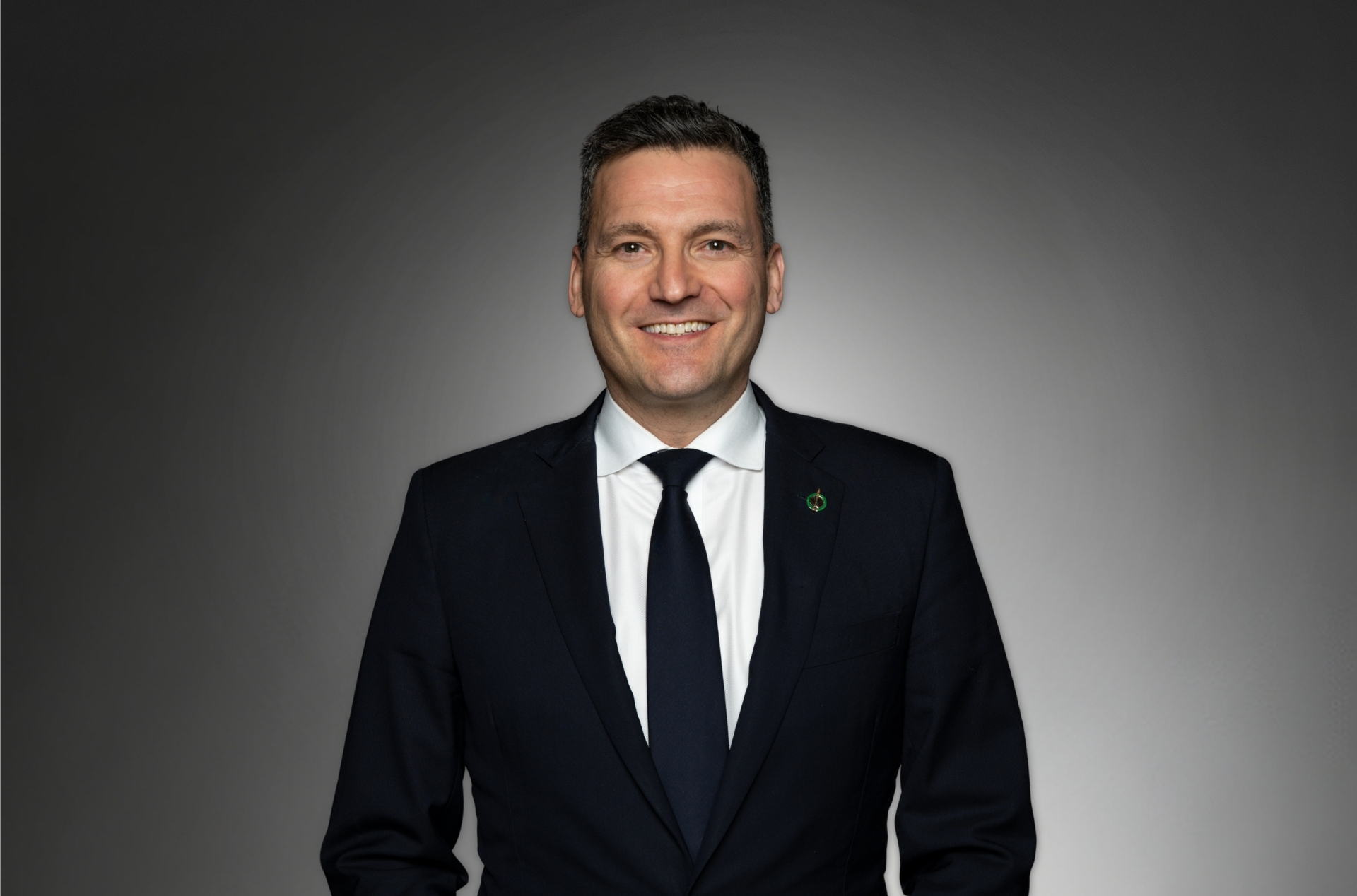The Scarborough Charter and addressing anti-Black racism among francophone postsecondary institutions in Quebec
Under the charter, Canadian postsecondary institutions pledge to establish frameworks to eliminate anti-Black racism from their campuses.

Since its introduction in 2021, more than 50 Canadian institutions have endorsed the principles, actions, and commitments outlined in the Scarborough Charter on Anti-Black Racism and Black Inclusion in Canadian Higher Education. But despite interest from certain students, no French-language university in Quebec has signed on
In an ideal meritocracy, a person’s skills would be enough to progress their career. The Scarborough Charter is the result of a series of nationwide inter-institutional consultations to eliminate inequalities disadvantaging people of African descent in higher education.
Participating universities have customized the action plan set out in the 20-page document with the goal of identifying and dismantling discriminatory barriers in their institution on an ongoing basis. By signing the charter, universities join a coalition in which participants analyze collected data and share insights to advance the inclusion of Black staff and students on campus.
After learning about the charter, Sarah Vuka Makani, president of the independent Organisation des étudiant.e.s noir.e.s de l’Université de Montréal (Organization of Black students at Université de Montréal—ODENUM), said she was hurt that Université de Montréal (UdeM) had not signed it.
Universities have a “duty to protect” all students, she said. “It’s as though they’re sweeping [anti-Black racism] under the rug and saying we’ll deal with it later. But the real question is when exactly is ‘later’?”
Equity, diversity and inclusion (EDI) measures on campus and in society at large have helped Ms. Vuka Makani deepen her own understanding of structural inequalities. Microaggressions, discrimination, everyday and color-blind racism, misunderstandings, and (un)conscious biases are “a lot to process,” said Ms. Vuka Makani. “It’s a constant feeling of insecurity,” she added. “Sometimes it’s not until later that we realize [we’ve experienced racism].” And while this can stir up painful emotions, it also strengthens her commitment to her organization.
As someone committed to defending Black students’ interests between student duties, she believes the refusal to adopt the Scarborough Charter penalizes her community.
“Recognizing anti-Black racism entails making a commitment,” argued Myrlande Pierre, vice president of Quebec’s commission for human rights and youth rights. Though the Charter of Human Rights and Freedoms identifies all human beings as equal, Ms. Pierre points out that some groups still experience various forms of discrimination across civil society.
In Quebec, Premier François Legault continues to deny the existence of systemic racism and has rejected several reports finding that Black people are racially profiled across public, professional, educational and medical spheres. This denial has notably been denounced by Amnesty International (French only).
A French-language survey conducted this spring by the research firm Léger and the Observatoire des communautés noires du Québec (Observatory on Quebec’s Black Community) revealed that 66 per cent of Black people between the ages of 15 and 34 report having been treated unfairly by provincial and federal public services. Meanwhile, only 19 per cent of non-Black youth reported the same experience.
Is EDI just an idea ?
Quebec’s English-language universities, Bishop’s Concordia and McGill, signed the Scarborough Charter when it was introduced. French-language universities have yet to do so. The lack of institutional transparency troubles Ms. Vuka Makani. No matter what universities ultimately decide, she thinks they could at least notify students.
Université Laval (ULaval), Université du Québec en Abitibi-Témiscamingue (UQAT), and HEC Montréal agreed to speak with University Affairs about their reasoning behind not adopting the charter.
Though these institutions share the charter’s values, their representatives acknowledged that recognizing anti-Black racism through the charter poses other challenges. The relatively low Black student population at UQAT—about 400, or 10 per cent—and the budget committed to Indigenous reconciliation has limited the institution’s positive response to the charter.
UQAT president Vincent Rousson said the university chose not to sign the anti-racism charter because its implementation would have required significant additional resources and created overlapping policy structures. Instead, the institution opted for a more holistic and regionally grounded approach to EDI—one that includes strong commitments to Indigenous communities.
“We had already made collective decisions with our regional partners, including First Nations,” Dr. Rousson explained. “Implementing the charter would have forced us to divert resources away from those priorities.”
“At a certain point, choosing one thing means giving up another,” he added, noting that limited budgets require difficult decisions.
ULaval, which has about 1,500 Black students, or 25 per cent of its student population, was in the early stages of creating its EDI policy as the charter was being created. Committing to another long-term project at that stage would have been “very restrictive,” said ULaval’s EDI officer François Gélineau.
All three universities have developed custom internal EDI action plans to foster respectful intercultural relations and eliminate racism, injustice and discrimination. But EDI advocates say these general policies often fail to clearly acknowledge the implicit nature or severity of the discrimination levied against people with certain attributes or from certain ethnic origins, or the complexity of their intersectionality.
“We take sexual assault very seriously and have held mini workshops on the subject,” noted Ms. Vuka Makani. “It would be nice to hold workshops about racism, too.”
In Montreal, HEC Director Federico Pasin said he is “ambivalent” about adopting some of the actions suggested in the charter for fear of allegations of favoritism toward Black people at the expense of other minority groups. Mr. Pasin, who was not aware of the Scarborough Charter before being contacted for an interview, said he finds the data aspect of the charter compelling.
“People have biases. People of color are disadvantaged as a result. But are Black people really more disadvantaged than others?” he voiced during the interview.
The inequalities experienced by people of African descent are not unique to Quebec or Canada, Ms. Pierre pointed out. Anti-Black racism is a common historical legacy of colonialism that generates both intentional and unintentional stereotypes “still very much alive in the collective imagination.”
Even “talking about anti-Black racism is not something everybody wants to do,” said Ms. Vuka Makani. “It’s uncomfortable. But sometimes discomfort wakes people up and triggers change.”
*Editor’s note: When University Affairs reached out to Université de Sherbrooke, École de technologie supérieure, Université du Québec à Montréal, Université de Montréal, and Polytechnique Montréal, they directed us to their EDI practices. Université du Québec à Chicoutimi, Université du Québec à Rimouski, and Université du Québec en Outaouais did not respond to our email.
Featured Jobs
- Engineering - Assistant or Associate Professor (Robotics & AI)University of Alberta
- Architecture - Assistant Professor (environmental humanities and design)McGill University











Post a comment
University Affairs moderates all comments according to the following guidelines. If approved, comments generally appear within one business day. We may republish particularly insightful remarks in our print edition or elsewhere.